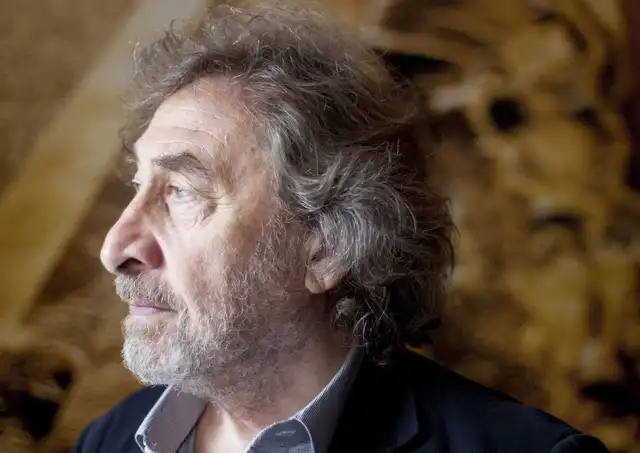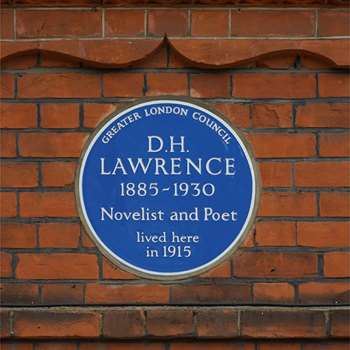On 9th March 2015 Howard Jacobson, novelist, was interviewed by Jaya Savige, poet, at New College of the Humanities, London, where both are on the English Faculty.
After the event Howard deprecated his contributions as ‘war stories which you’ve heard many times before’. But I’d heard many of them for the first time. And in any case, war stories are always compelling.
Here, roughly, is what he said.
Cambridge nearly did for him. Studying English at Downing College, his intellectual habits and attitudes were so finely tuned by F.R. Leavis that creation dropped from his view. Literary creation was either long done or infra dig. Creators were a breed with whom critics should not try to mingle, intellectually, socially, or ontologically. The sensitive critical faculty pulled rank over the ingenuinely creative to the extent of embarrassing the latter into silence.
He trudged stolidly past the BA milestone up Parnassus, to English lectureships in sunny Sydney and sunless Wolverhampton. But despite the magnifient (ed.) critical work Shakespeare’s Magnanimity, co-written with Wilbur Sanders, he felt that he hadn’t written enough. He became a victim of that terrible disease (ed.), fear of failure.
Success, when it came, took the form of fiction. After a spell of reading Shakespeare, Dickens, Greene and others as a writer rather than as a reader, he broke from the Leavisite contempt for the comic and distance from creativity, and wrote a comic campus novel. Coming from Behind hadn’t been influenced by David Lodge or Malcolm Bradbury; Leavisites didn’t read such people. But when Jacobson did, he thought his own work no worse. He also knew that Leavis wouldn’t have found his novel funny, had he lived to read it. The novel reincarnated him in a context which in life was always too infra dig for him to attend – a graduation ceremony. A character based on Jacobson’s magician father produces, from behind Leavis’s ear, an egg. With this trick, he broke the spell.
Breaking this spell was a necessary but not sufficient condition for being able to write. He also had to be disappointed – generally and existentially – because those who aren’t, don’t. He wrote comically not because his soul was light but because it was heavy; his laughter is nearly tears.
Since then he has written fluently. He doesn’t have time for writer’s block; he just writes (though if he writes more than two thousand words a day, he feels ill). He solves his problems at his desk, not by thinking or not-thinking. He edits as he goes, repeatedly going back to the first page, in contrast one of his literary heroes, re-drafter D.H. Lawrence. He doesn’t use charts to plan his people and plots, like Dickens; he solves problems in retrospect. He shields himself from other writers as he writes. A man on his back repairing his car in his garage, on hearing a Ferrari whizz by, doesn’t get up to look at it, but carries on tinkering. So he, in his writing. He writes for himself, and is his own ideal reader; though he blushes at his own simplicity. But he is at least not considered unputdownable, and he would not want to be. He is still enough of a Leavisite for that.
His wife feeds back on his work in progress, as Frieda did to Lawrence, but his unfinished novels are read by noone else. He of late accepted a commission to write a novel based on a Shakespeare play, for a series from the Hogarth Press. He had wanted Hamlet or Coriolanus. Definitely not A Merchant of Venice.
He is doing A Merchant of Venice. No disappointment, no novel.




